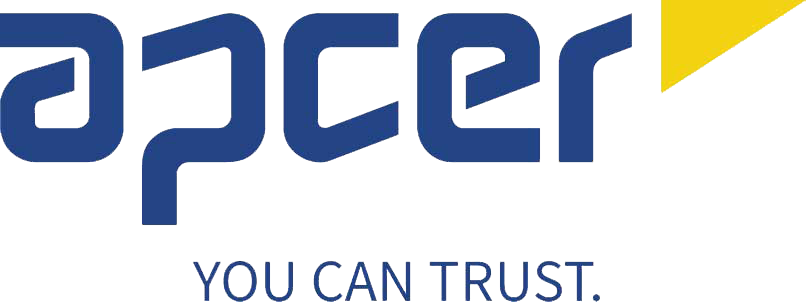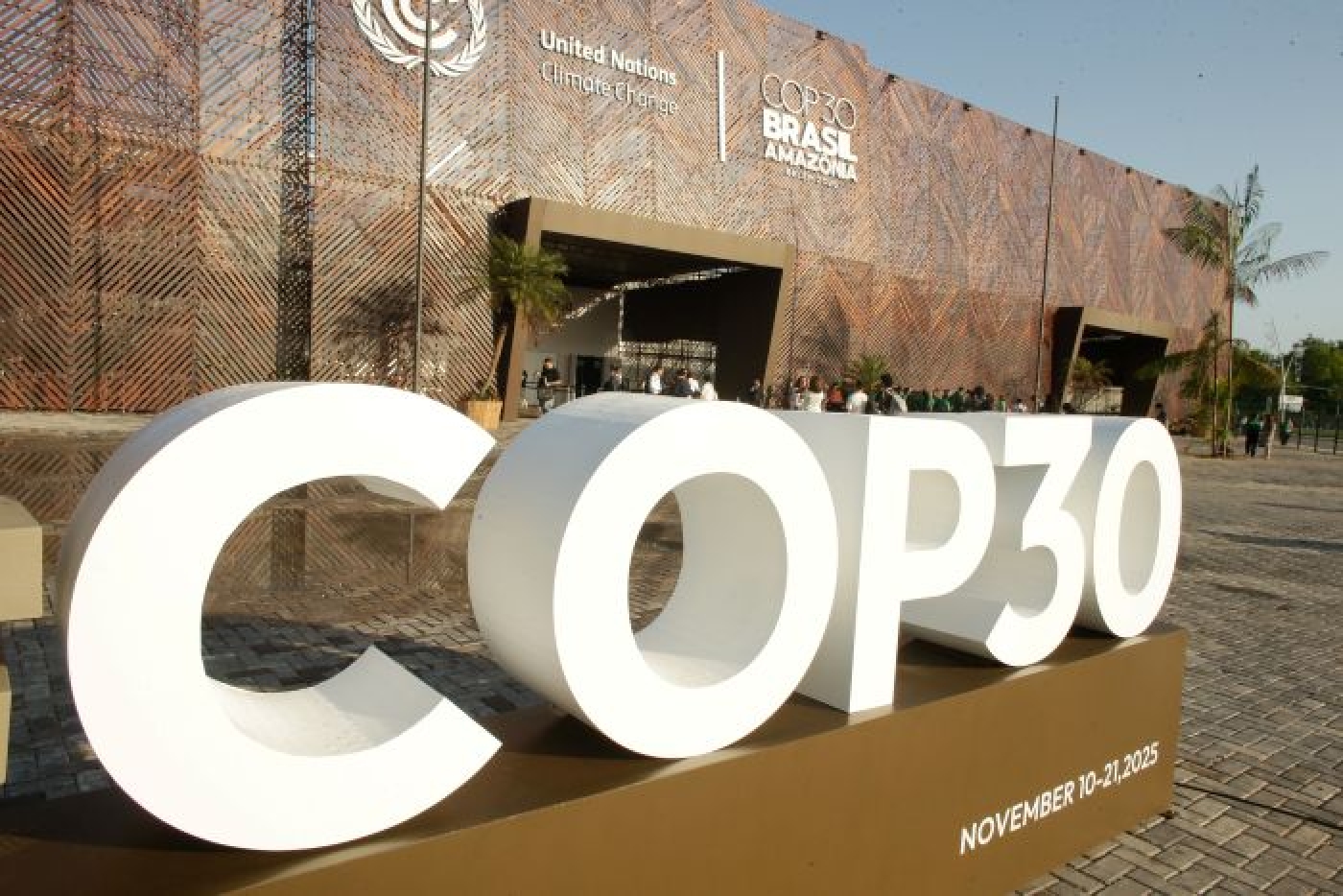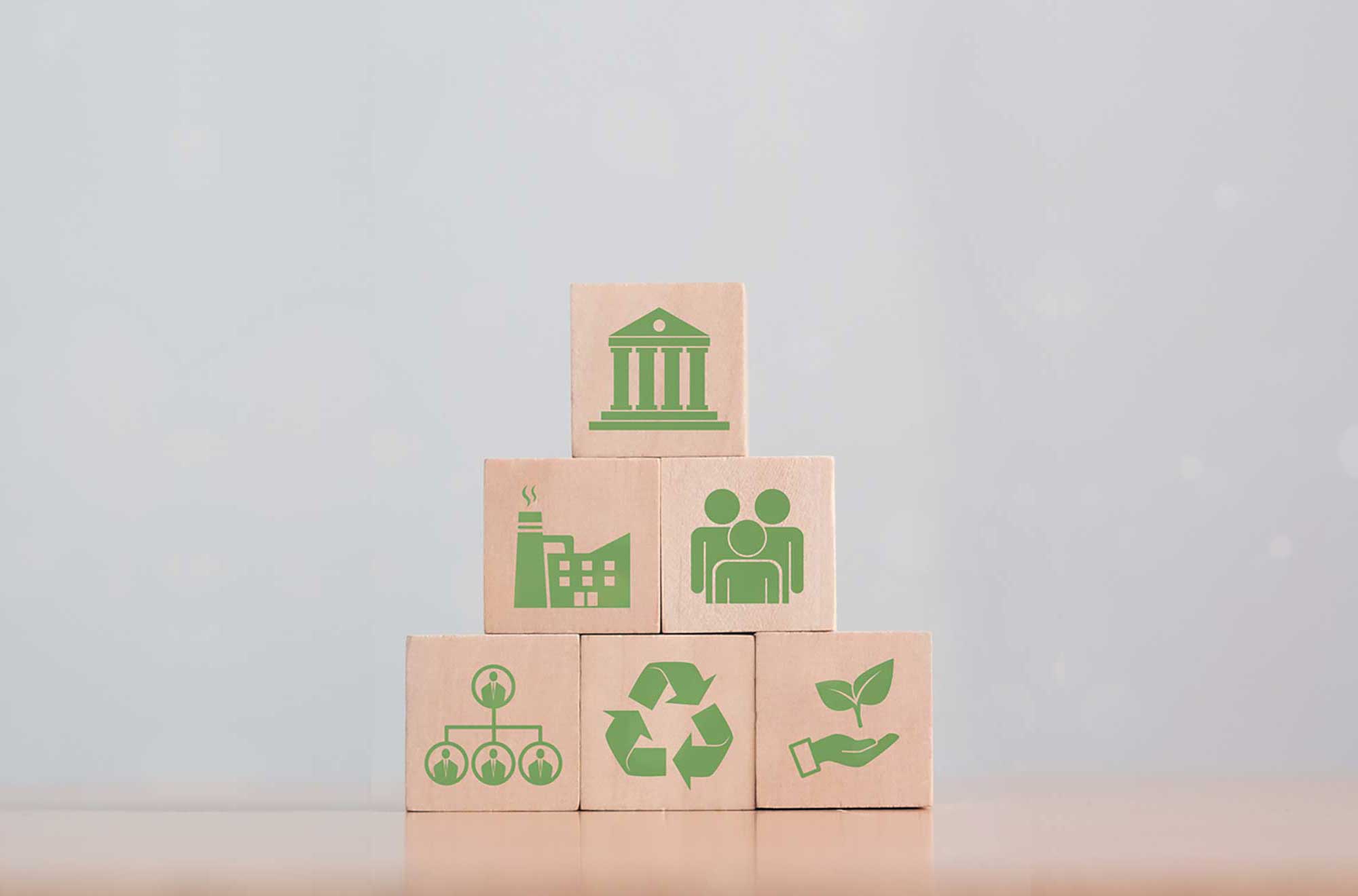Growing global concern about the climate crisis and environmental sustainability has increased efforts to combat deceptive practices that obscure the true environmental footprint of products and services. One of these practices is "greenwashing", a term that describes the actions of companies that promote themselves as environmentally conscious, but whose actions do not match their claims.
According to data from the European Commission, 53% of green claims give vague, misleading or unfounded information, 40% of claims have no evidence, half of all green labels offer weak or non-existent verification and there are 230 sustainability labels and 100 green energy labels in the EU, with very different levels of transparency.
To address this problem, on January 17 the European Parliament adopted a new text relevant to the issue of greenwashing and commercial practices that are considered misleading and should be banned. The aim of this proposal for a directive, which has not yet been officially published, is to promote environmental transparency, strengthening consumer confidence in companies' environmental claims and promoting fairer competition in the market.
This new text of the directive, whose main objective is to empower consumers for the ecological transition, defines criteria and standards for environmental claims and prohibits misleading or unproven statements about the sustainability of products and services, such as "environmentally friendly", "natural", "biodegradable", "climate neutral" or "eco". This type of claim should also not be applied when used solely on the basis of offsetting greenhouse gas emissions.
Companies will thus be obliged to provide concrete evidence to prove their environmental claims, helping consumers to make more informed decisions.
We have seen a proliferation of sustainability labels, a situation which does not allow for comparability of data and which has caused confusion for consumers. This proposal identifies the need to standardize official certification systems, established by public authorities, which will be required within the EU, and proposes strict monitoring mechanisms to ensure compliance with the regulations. This monitoring should be carried out by a third party whose competence and independence from the owner of the system and the trader is ensured on the basis of international, EU or national standards and procedures, for example by demonstrating compliance with the relevant international standards, such as ISO 17065 "Conformity assessment - Requirements for bodies operating product, process and service certification" or through the mechanisms provided for in Regulation (EC) No 765/2008 of the European Parliament and of the European Parliament and of the Council.
Another crucial aspect will be promoting consumer education and awareness about sustainable practices and how to identify greenwashing. Awareness campaigns are to be launched to inform consumers about the pitfalls of greenwashing and encourage more sustainable consumption choices.
It also encourages collaboration between the public and private sectors, as well as with non-governmental organizations, to develop common standards and best practices that support environmental transparency and corporate responsibility.
This new law has another objective regarding the durability of products: warranty information will have to be more visible and there will be a new harmonized label to highlight products with an extended warranty period.
The new directive should work in tandem with the Green Claims Directive, still under discussion in the parliamentary committee, which will be more specific and will elaborate the conditions for using environmental claims in more detail.
The proposed European directive to combat greenwashing represents a significant step in the right direction to ensure that environmental claims are authentic and credible. By promoting transparency and accountability, this legislation protects consumers and drives the transition to a more sustainable and conscious economy.















